Plumbing and drainage are terms that are confusing for most homeowners. Some will say the terms are one and the same, while others will say they are different. In actual sense, one of the terms can refer to two different things.
Plumbing refers to two systems, while drainage refers to one. Plumbing can be used to refer to drainage while the reverse cannot work.
Arvada Co., through this article, hopes to give you a "crash course" in plumbing and drainage. This will help you identify any problems that might arise in your homes and businesses.
Not only will the knowledge save you time and money, but you will also become a "mini expert" in plumbing and drainage.
Similarities
Plumbing can be defined as a system with water supply, drainage, fixtures, and equipment that is installed in buildings to bring in water and take out waste. With this definition, plumbing covers the functions of drainage.
In buildings, plumbing can refer to both sides of the synergetic relationship mentioned above. In other words, it is a blanket term for all functions of this nature.
Differences
Below, we'll explore the distinguishing aspects of both terms. Through this, you'll gain a clearer understanding of how each term works.
Drainage
Drainage is a system or process by which water and other liquids are drained from a place. (Collins dictionary). It is also referred to as; sewerage, bilge, waste, drain water, effluent, or effluvium. Drainage works in a system that pulls away the waste or water into an appropriate disposal area.
Types of drainage
There are three types of drainage; surface, subsurface, and stormwater management. Explore them in brief detail below;
This type of drainage is the most common and is installed near water bodies or at the base of slopes. The system works by collecting runoff and thaw from snow and directing it away from buildings using gutters and drains.
This system collects water that has already soaked into the ground. It is suitable for areas with poor soils and high groundwater tables.
It is recommended to fortify building foundations against excess moisture that might cause damage. The installation is done along the perimeter and then connected to the drainage systems.
As the name suggests, this type of drainage safeguards against storm runoff. Various techniques allow the water to slowly drain into the ground. If you live in areas with high rainfall or storm susceptibility, this drainage type comes highly recommended.
Benefits of a good drainage system
A well-functioning drain and sewer line, can save you a lot of headaches and safeguard you from potential water damage.
It brings about the ease of knowing you can comfortably use your taps, sinks, and other amenities in your house without worrying about water buildup or horrible smells. It is important to maintain a "healthy" drainage system to avoid clogging caused by debris buildup, slow drains, and faulty sewer pipes.
Routine checks on your main sewer line by your local sewer service or plumbing service keep sewer problems at bay. It also allows you to identify any sewer problems that might crop up.
The best way to keep track of your drainage system is by having plumbing services schedule service times throughout the year.
With this, you will be able to know when you need drain cleaning, sewer line cleaning, sewer line replacement, and sewer line repair. Such services notify you if one or more drains need repair or cleaning.
Plumbing
On the flip side, plumbing refers to the system in buildings that brings in water for use. This system is the subordinate supplier of the main city water supply lines.
Types of Plumbing
The main types of plumbing include the following:
This includes installing hot or cold water systems in commercial and residential buildings.
The systems range from budget-friendly systems to energy-efficient systems to eco-friendly systems. The system can be either electric hot water, solar hot water, instantaneous hot water, or commercial hot water systems.
This deals with all things underworld and beyond. Sinks, toilets, and basins are the main sanitation objects in both commercial and residential buildings.
Plumbers deal with layout planning, installation, and maintenance to ensure no clogs are left unchecked. This type of plumbing works hand in hand with sewer services.
Benefits of good Plumbing
Having good plumbing prevents the possibility of a plumbing problems such as:
-
A clog - clogs could cause low water output.
-
Leaks - that could cause a lot of damage to property and electronics.
-
Water pressure problems - this could either be high or low pressure. For taps or toilets, this could cause flooding when there's too much pressure than the drainage can handle, or it could cause discontinued use if the pressure is too low.
-
Heater problems - in sanitary plumbing, flow could be constricted by build-up which would affect water output. This happens mostly for those with salt water supplies. Sediment builds up more when using hard water.
To avoid these issues, a good plumber is key. Having someone who understands and is skilled ensures you don't have to be inconvenienced.
Arvada Plumbing Co.
At Arvada Plumbing Co., we are the best in the business. We are a locally owned and operated company. We are licensed and insured, which assures you of superior service.
Our Services
We offer drain and sewer services, including sewer cleaning, repair, and video inspection. Video inspection allows our expert plumbers to have a sewer scope of the surrounding area. With this, we are able to assess and solve any problems with your drains.
In addition to the services above, we also offer preventive plumbing to help keep your mind at ease.
Our Promise
Our plumbers are trained and offer expert services. Having plumbing problems at night? No worries, Arvada Co. offers emergency services. Our team is ready to attend to all your plumbing needs both day and night.
Contact Us Today
For expert services and the fastest turnaround time in the area, choose Arvada Co. for cleaning and any fix you need. Call us at 303-500-0437 for a free quote.

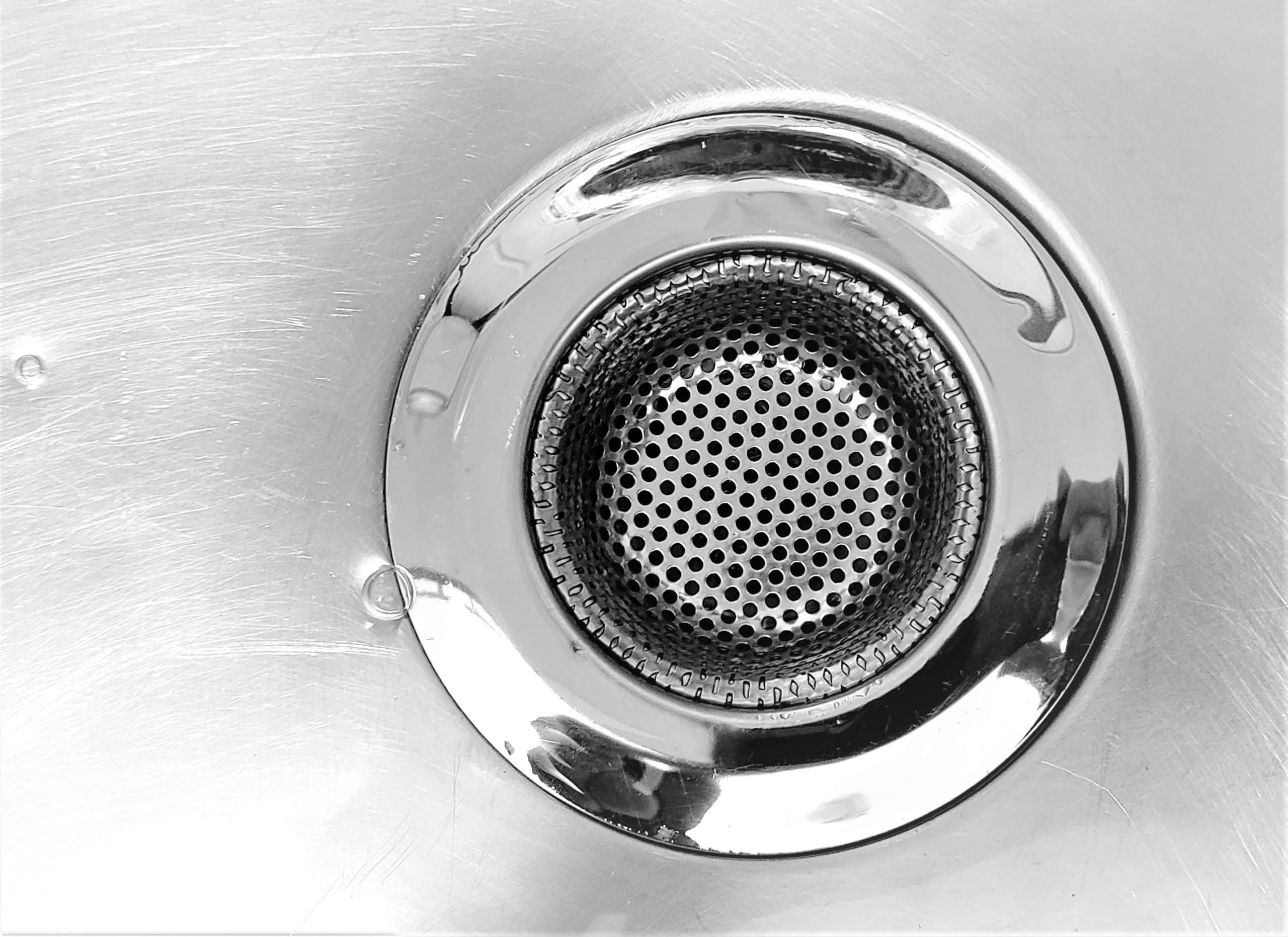
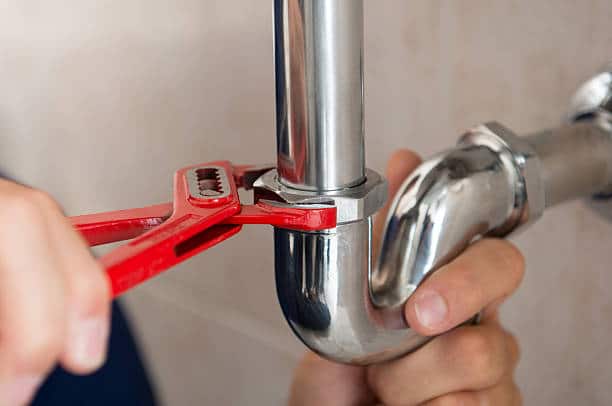
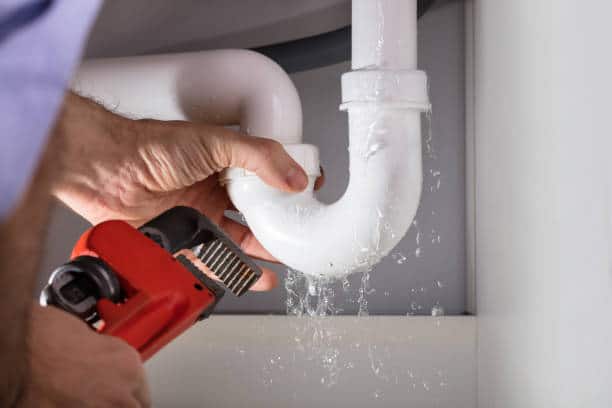
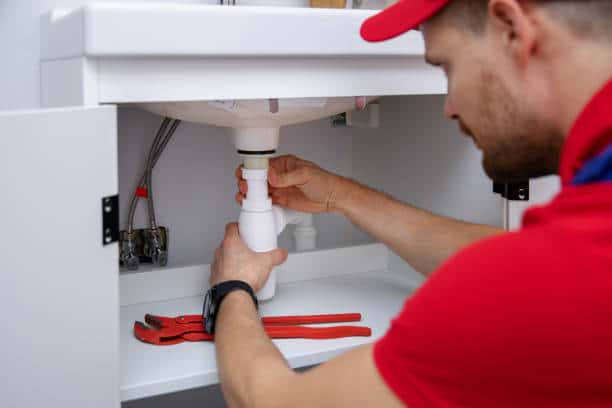
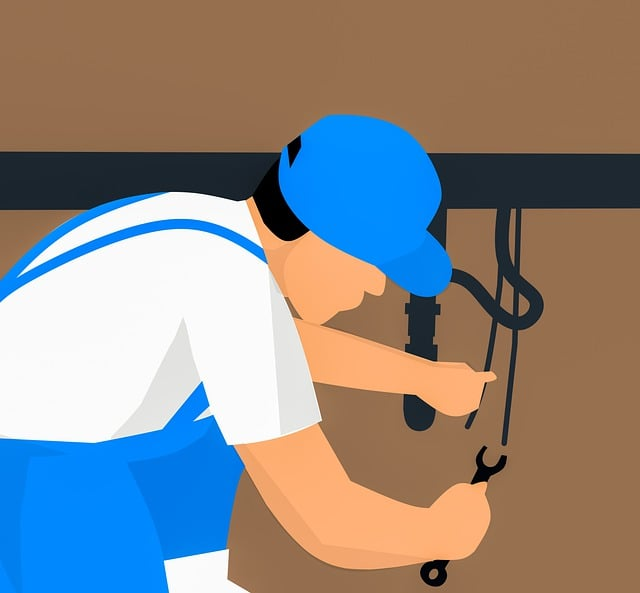 Polyvinyl chloride (PVC)
Polyvinyl chloride (PVC)
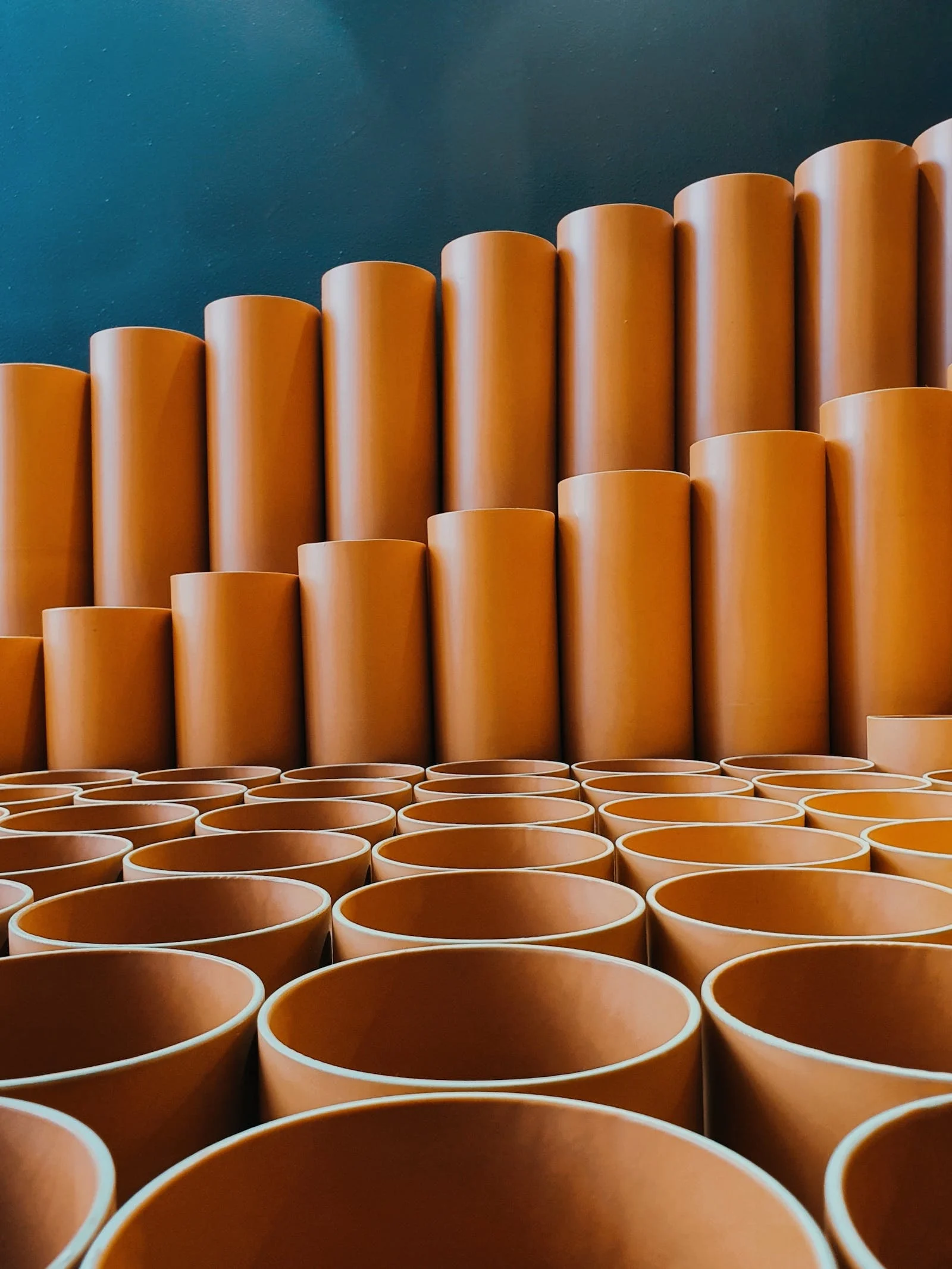 PVC is the most common plumbing material due to its affordability and malleability. Made from gas and salt, this plumbing material has been on the market since the 1960s and is quickly replacing metal pipes. It comes in various sizes and is ideal for a wide range of uses, such as water service lines, irrigation systems, sewer systems, and drain waste vents. Some of its features include;
PVC is the most common plumbing material due to its affordability and malleability. Made from gas and salt, this plumbing material has been on the market since the 1960s and is quickly replacing metal pipes. It comes in various sizes and is ideal for a wide range of uses, such as water service lines, irrigation systems, sewer systems, and drain waste vents. Some of its features include;
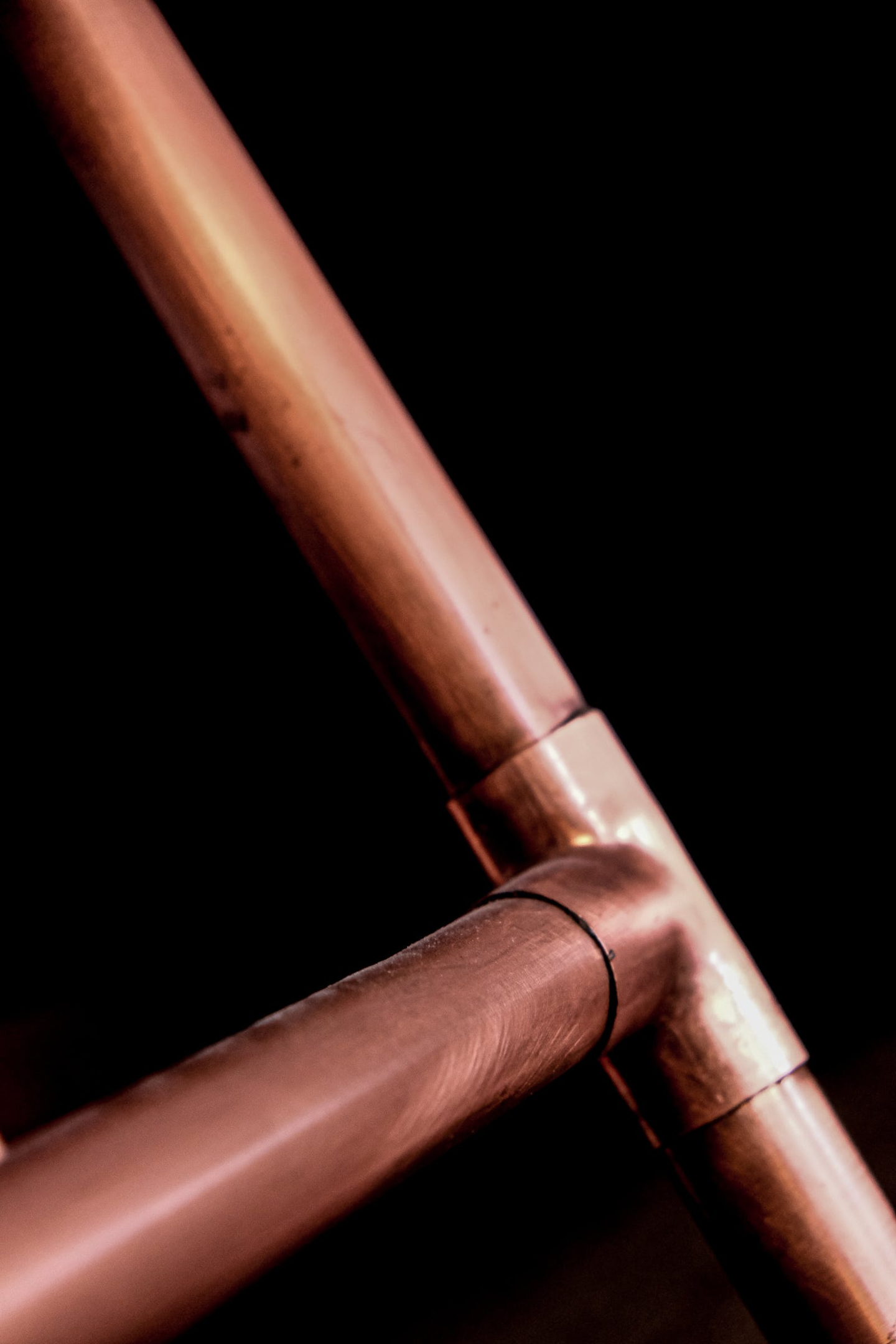 Copper is among the most durable and safest plumbing materials. It is expensive, cannot withstand cold temperatures, and can corrode. It protects the quality of drinking water, even though it can affect the taste of drinking water as it ages. Since
copper pipes last over 80 years and are prone to lead poisoning, you need to use trained plumbers to protect your water from lead poisoning. With time, copper pipes affect the taste of your drinking water, so it is essential to schedule service with a plumbing company every few years to see if you need replacement services. Copper pipes also work well in thin walls and are great for underground installations.
Other features include;
Copper is among the most durable and safest plumbing materials. It is expensive, cannot withstand cold temperatures, and can corrode. It protects the quality of drinking water, even though it can affect the taste of drinking water as it ages. Since
copper pipes last over 80 years and are prone to lead poisoning, you need to use trained plumbers to protect your water from lead poisoning. With time, copper pipes affect the taste of your drinking water, so it is essential to schedule service with a plumbing company every few years to see if you need replacement services. Copper pipes also work well in thin walls and are great for underground installations.
Other features include;
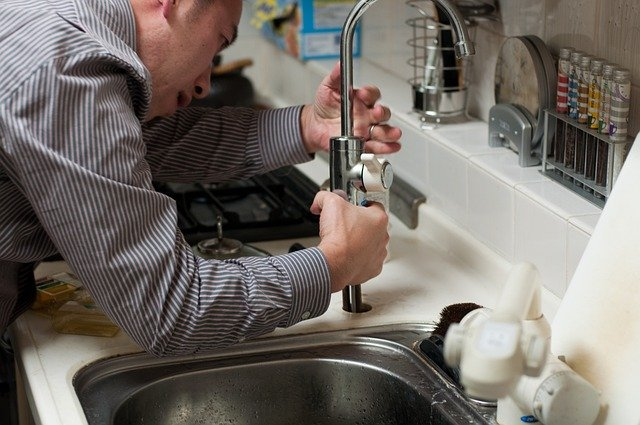 If you live in a city like Arvada, Colorado, you might have wondered what happens to the water that drains from households and business premises. A lot of waste water comes from the kitchen, including waste food and washing utensils. Apart from that, the water comes from the bathroom and toilet when you flush it together with waste materials like toilet paper and anything else in the toilet bowl. When you think of it like that, you will realize that the plumbing system of your home or office plays a very critical role.
If you live in a city like Arvada, Colorado, you might have wondered what happens to the water that drains from households and business premises. A lot of waste water comes from the kitchen, including waste food and washing utensils. Apart from that, the water comes from the bathroom and toilet when you flush it together with waste materials like toilet paper and anything else in the toilet bowl. When you think of it like that, you will realize that the plumbing system of your home or office plays a very critical role.

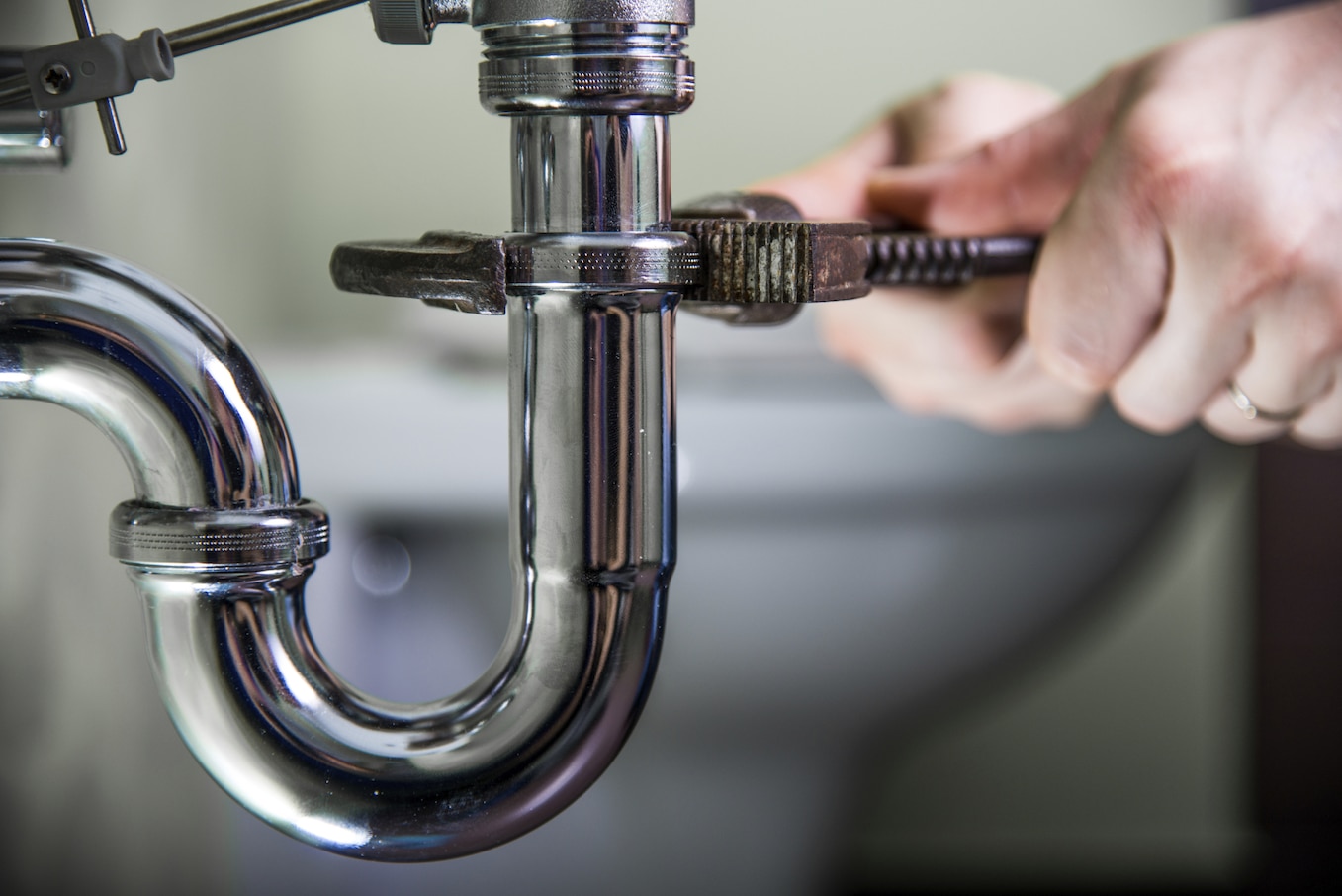

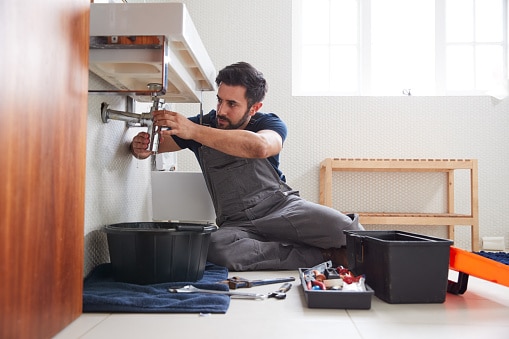
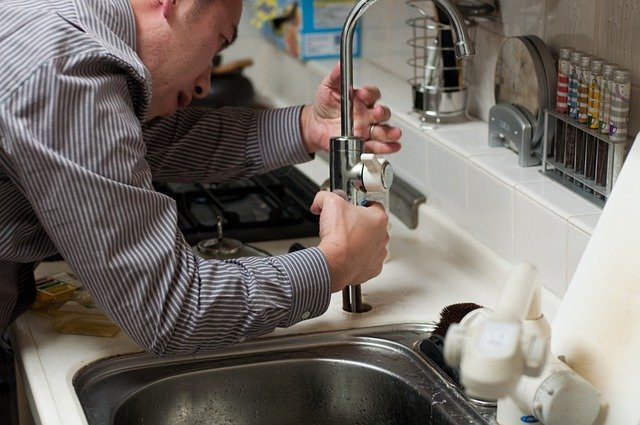 Have you ever felt like your plumbing system was running slow, or just not functioning how you want it to?
Your home's plumbing system is one of the most complicated and important parts of your home. Because of its constant use, over time it can begin to feel outdated. Or it may simply not run the way you want it to.
As you may know, plumbers and contractors are constantly working hard to develop more efficient plumbing systems that can save you money, time, and stress in the long run.
If you haven't done a plumbing remodeling project before, or if you live in an old house, then taking on plumbing renovations with a plumbing contractor could be a great way to update your system and prevent future plumbing repairs or plumbing issues.
Have you ever felt like your plumbing system was running slow, or just not functioning how you want it to?
Your home's plumbing system is one of the most complicated and important parts of your home. Because of its constant use, over time it can begin to feel outdated. Or it may simply not run the way you want it to.
As you may know, plumbers and contractors are constantly working hard to develop more efficient plumbing systems that can save you money, time, and stress in the long run.
If you haven't done a plumbing remodeling project before, or if you live in an old house, then taking on plumbing renovations with a plumbing contractor could be a great way to update your system and prevent future plumbing repairs or plumbing issues.
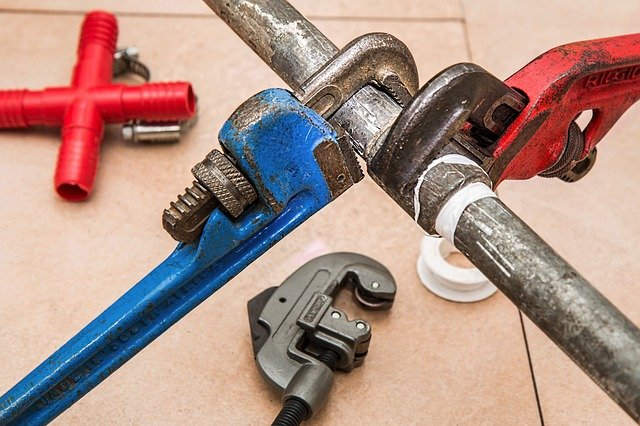 When it comes to plumbing, we are all invested in keeping our systems clean and well functioning. We need good plumbing systems not only for the restroom but for sinks, cooking, and cleaning.
It can be easy to ignore our plumbing systems when they need help, but most common plumbing emergencies can be easily resolved with the help of an experienced plumber.
When a plumbing emergency takes place, it can be not only extremely frustrating but can also be expensive if you keep waiting.
Luckily, there are also ways you can secure and protect your plumbing system.
When you work hard to keep your drains and pipes functioning correctly, you're less likely to need emergency plumbing services.
Plumbing issues and even emergency plumbing issues happen to everyone sometimes, but with a bit more knowledge, you can help prevent that dreaded emergency call to your preferred plumbing company.
Keep reading to learn what you can do at your house to prevent an emergency plumbing situation and what you should do if you run into an emergency.
When it comes to plumbing, we are all invested in keeping our systems clean and well functioning. We need good plumbing systems not only for the restroom but for sinks, cooking, and cleaning.
It can be easy to ignore our plumbing systems when they need help, but most common plumbing emergencies can be easily resolved with the help of an experienced plumber.
When a plumbing emergency takes place, it can be not only extremely frustrating but can also be expensive if you keep waiting.
Luckily, there are also ways you can secure and protect your plumbing system.
When you work hard to keep your drains and pipes functioning correctly, you're less likely to need emergency plumbing services.
Plumbing issues and even emergency plumbing issues happen to everyone sometimes, but with a bit more knowledge, you can help prevent that dreaded emergency call to your preferred plumbing company.
Keep reading to learn what you can do at your house to prevent an emergency plumbing situation and what you should do if you run into an emergency.